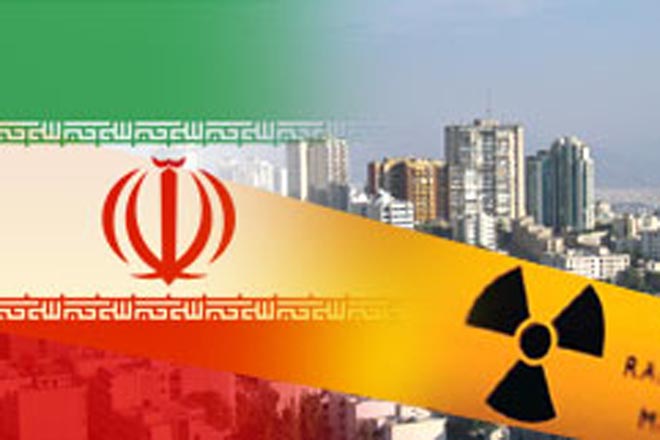Major world powers will sound out Iran's readiness to negotiate an end to the long dispute over its nuclear programme on Saturday, Reuters reported.
The unprecedented participation of a senior US official in the one-day meeting in Geneva, together with Iranian comments playing down the likelihood of an attack by the United States and Israel, have raised hopes of progress.
Signs of easing tension have helped knocked the price of oil off recent record highs, but the optimism was tempered by a US insistence that despite the presence of its envoy William Burns, real negotiations cannot begin until Iran has frozen sensitive nuclear work, a step Tehran has repeatedly ruled out.
"That remains the US position and it will continue to be the US position," US Secretary of State Condoleezza Rice told a news conference in Washington of the precondition.
Arriving for talks with officials from the United States, Russia, China, France, Britain and Germany - the so-called sextet - chief Iranian nuclear negotiator Saeed Jalili said he had "positive intentions".
Jalili has a mandate from Iran's Supreme Leader Ayatollah Ali Khamenei and President Mahmoud Ahmadinejad to take any decision needed, a senior Iranian official told Reuters, adding that the meeting "will clarify the fate of the negotiations".
Iran, the world's fourth-largest oil producer, rejects suspicions that it wants the atom bomb, saying the aim of the programme is to generate electricity so that it can export more crude oil and gas.
Western diplomats say they want the talks to clarify Iran's response to an enhanced sextet offer, delivered last month, of technical and commercial incentives to suspend uranium enrichment.
"We are interested in creating conditions in a creative manner to start negotiations," said a spokeswoman for EU foreign policy chief Javier Solana, who presented the offer to Tehran.
But Iran appeared to rule out one option being discussed in the sextet when the senior official said Tehran would not be willing to freeze expansion of its nuclear programme if the UN Security Council halted further sanctions measures against it.
The UN has imposed three sets of sanctions on Iran in a stand-off that goes back to the revelation in 2002 by an exiled opposition group of the existence of a uranium enrichment facility and heavy water plant in the country.
Tension has intensified since Tehran tested missiles last week, alarming Israel and unsettling energy markets on fears that conflict could disrupt supply.
Yet oil prices slipped on Friday, ending 13 percent down from last week's record of over $147 a barrel of crude.
Traders cited as factors the attendance of Burns - a career diplomat who helped restore US ties with Libya in 2006 - and a comment by Iranian Foreign Minister Manouchehr Mottaki that the chances of an Israeli or US strike were "almost zero".






